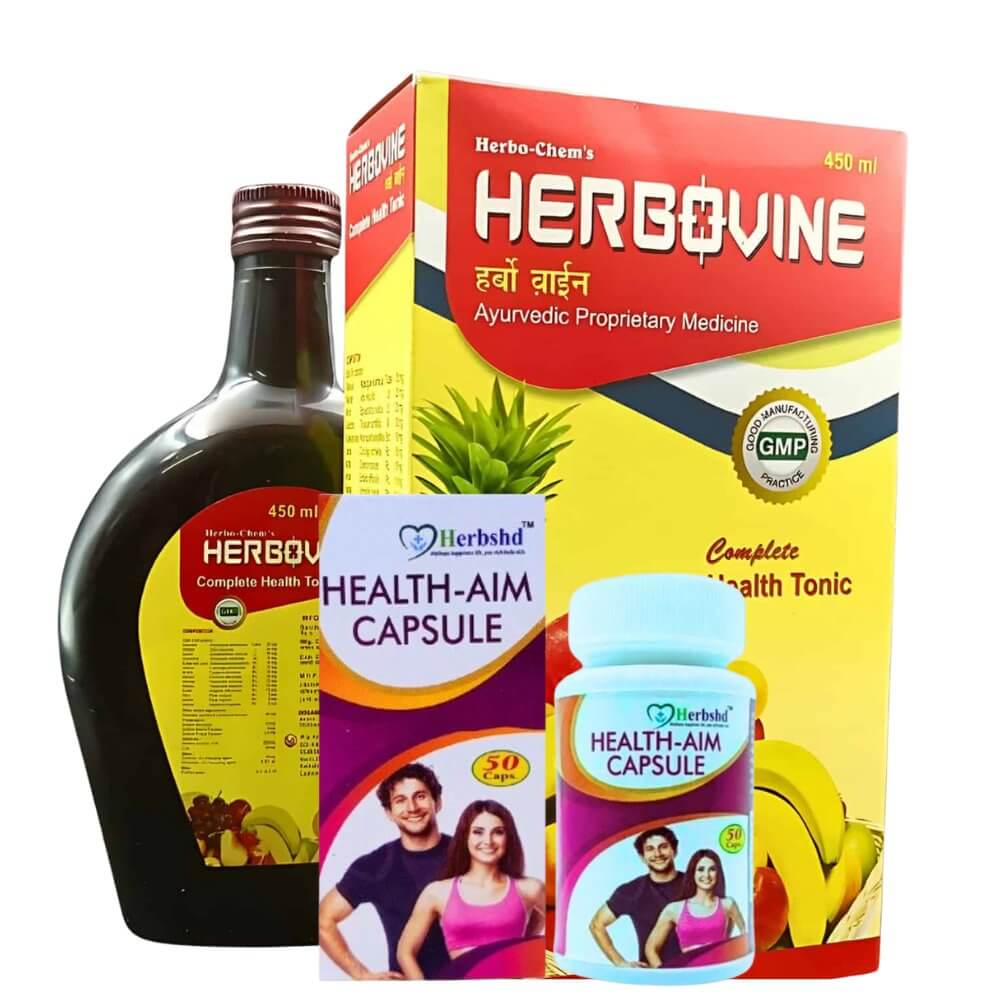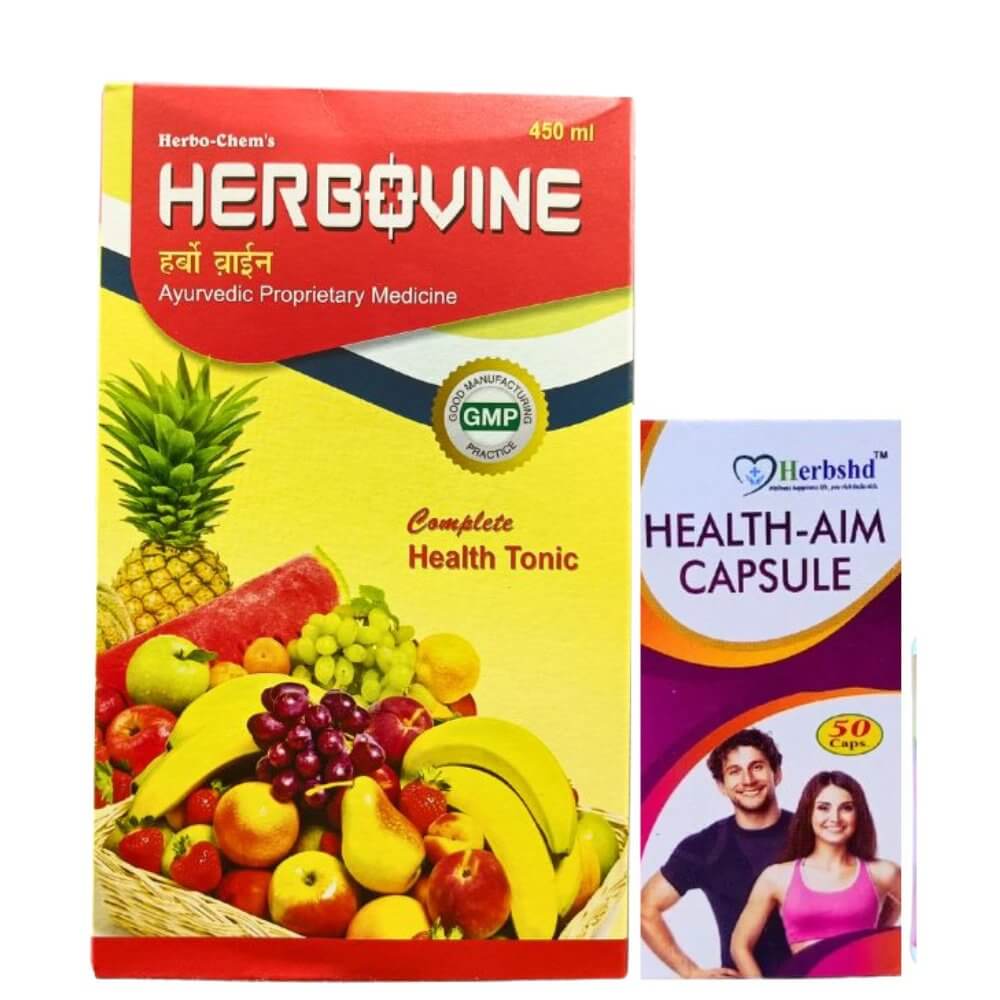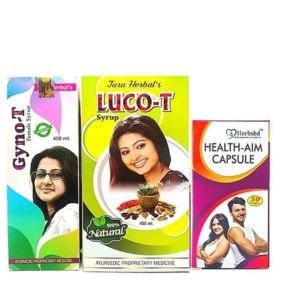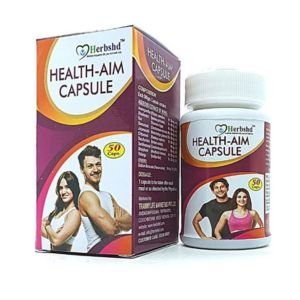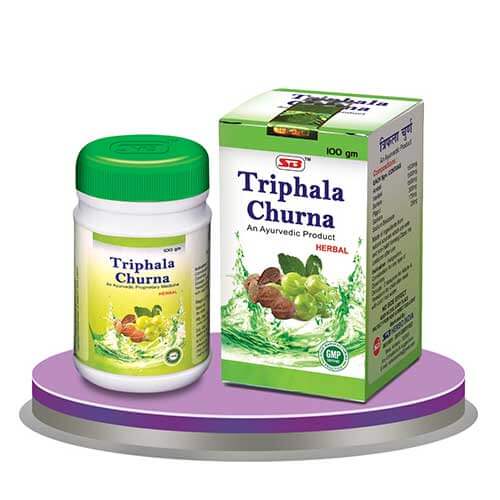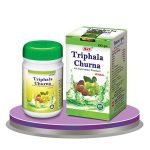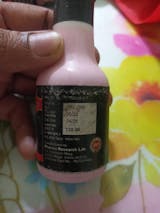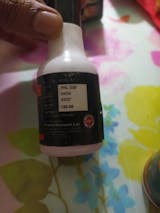To manage cholesterol, Ayurveda focuses on a diet to reduce cholesterol. The diet should be such that it can help optimise your body’s fat metabolism. This can be achieved by balancing the Kapha.
Here are a few Kapha balancing food options:
- Astringent foods: Pulses, dry beans, lentils, mung daal.
- Bitter foods: Spinach, kale, chard, garlic, and mustard greens.
Ayurvedic Treatment for Cholesterol: Tips & Home Remedies
Home remedies and Ayurvedic medicine for cholesterol may help maintain normal cholesterol levels. Here are some tips and remedies that can be effective:
Dietary and Lifestyle Changes
As mentioned above, to manage cholesterol, it’s crucial to manage Kapha. A Kapha balancing diet is essential in this case. Plus, a lazy lifestyle may not be healthyfor cholesterol.

Cutting excess calories, quitting smoking, lowering alcohol consumption, and engaging in regular workouts can help eliminate toxins from your body. This can lower the Ama levels in your body. As a result, Amavisha will also go down, allowing cholesterol to efficiently lubricate and support the nutrient transportation and waste elimination processes.
Heat therapy can also help lower the body’s overall LDL (bad cholesterol) levels.
Drink Green Tea

Green tea is a substantial source of polyphenols. These are chemical compounds that help manage blood pressure and keep blood vessels healthy and flexible. This promotes an optimum flow of blood through the body.
By drinking green tea twice a day, you can reap significant benefits, as these polyphenols not only help lower LDL but can also increase the HDL levels in your body.
The elimination of bad cholesterol helps keep your shrotas clean, lubricated, and flexible.
Coriander Seeds

Coriander seeds have long been finding their place in the list of various Ayurvedic remedies. This is because these seeds are rich in folic acid, Vitamin A, and Vitamin C. These nutrients make coriander seeds an excellent remedy for pacing up your body’s detox process.
Speaking of how to use these, you can place one teaspoon of coriander seeds in a glass of water and leave it overnight. In the morning, you can take the seeds out and drink the water sip-by-sip. This can help cleanse your system and remove excess Ama when consumed regularly.
Also, coriander has Kapha pacifying properties that can further help manage cholesterol.
Fenugreek Seeds

Methi seeds, a.k.a fenugreek seeds, have long been used to add flavor to food. But its uses go beyond that. Fenugreek seeds have been used for their medicinal properties since ancient times. These seeds are rich in Vitamin E and have various antidiabetic, antioxidant, and anti-inflammatory properties.
Fenugreek seeds are rich in saponins. These glycosidic compounds help eliminate bad cholesterol from the body, helping improve blood flow.
Half a spoon of fenugreek seeds consumed twice a day can help manage all types of cholesterol concerns.
An Amla a Day

Amla, a.k.a Indian gooseberry, is a fruit found in the Indian subcontinent. One of the best things about Amla is its high Vitamin C and polyphenol content. And, we can guess how it would be perfect for managing the effects of high cholesterol.
Its efficacy and potential can be estimated by a study conducted by the Indian Journal of Pharmacology. According to the study, Amla’s effects for lowering cholesterol can be compared to those of clinically prescribed drugs.
To reap the benefits, it’s advisable to take at least one to two Amla fruits each day. This can be your perfect Ayurvedic remedy for cholesterol.
Foods to Avoid with High Cholesterol
High cholesterol is a health condition that largely depends on the food that you eat or don’t eat. While the foods mentioned in the previous sections can help manage and lower cholesterol, the following foods can aggravate it.
To manage your cholesterol condition, avoid eating these foods:
- Processed or deli-style meat items (for example - ham, bacon, and salami)
- Deep-fried foods.
- Processed food items (such as biscuits and pastries).
- Fast food/junk food items such as pizzas, burgers, etc.
- Fats on meat and chicken skin.
- Ghee, lard and copha.
- Palm oil.
Herbal Supplements to Regulate High Cholesterol
Earlier, according to Ayurveda, cholesterol imbalance is linked to Kapha dosha. Ayurveda suggests that when Kapha levels in the body shift away from optimum and Ama levels in the body rise, toxins mix up with the tissues and attack the shrotas.
However, Ayurvedic medicine also has a list of herbs that are said to have the potential to manage high cholesterol conditions. While it may be challenging to find herbs that lower cholesterol quickly, the following herbs may help manage it:
- Haritaki (terminalia chebula)
- Guggul (Commiphora wightii)
- Amalaki (Emblica Officinalis)
- Silajatu-suddha (Shilajit)
- Bibhitaki (Terminalia bellerica)
- Arjuna
- Triphala
A study. conducted on 87 people with high LDL concluded that people taking 5 grams of Arjuna powder twice a day for three weeks, twice a day for four weeks, experienced a notable drop in the overall LDL levels.
Similarly, studies have also reported that Triphala. is helpful in relieving constipation and aiding the body’s overall detox process. These properties of Triphala may help it reduce cholesterol.
Additionally, Liposem tablets comprise Guggul and Arjuna that manage cholesterol.


